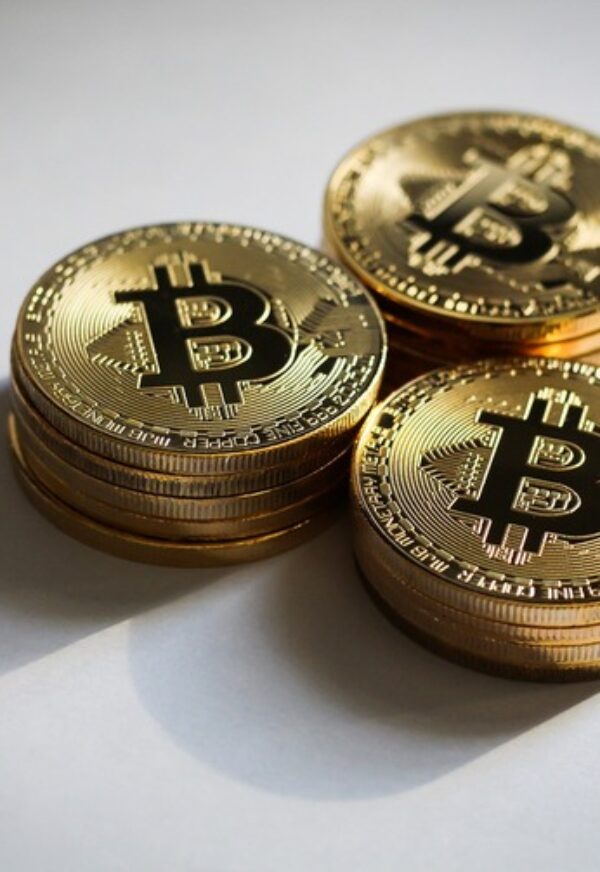Trump’s Unexpected Diplomatic Gesture Towards Iran at NYC Press Conference: What It Means for U.S.-Iran Relations
It was at one of his recent news conferences held in New York City that Donald Trump offered to negotiate with Iran over a revised version of the nuclear deal that he had tear apart and abolished when he was president.
Such remarks have been a far cry from his earlier stance against Iran, especially in light of his recent claims of plotting’s on his part by Iran.
Mr. Trump’s comments were made upon his concurrence that an agreement was in order, given the dangers of Iran’s nuclear aspirations. He said, “Sure, I would do that,” underlining thereby the urgency of negotiation to avoid fateful consequences he described as “impossible”.
In 2018, without so much as a phone call to his fellow signatories of the deal, Trump unilaterally withdrew the United States from the Joint Comprehensive Plan of Action (JCPOA), which had mandated Iran to curtail its nuclear program in exchange for sanctions relief.
Then his administration stepped up the sanctions game with what it called a “maximum pressure” strategy that gave Iran’s banking and oil sectors unprecedented sanctions since the 1990s-an approach that largely continued under President Biden.
It resumed uranium enrichment, which attracted heightened tensions in highly volatile regions and also provoked and raised a nervous concern over the potential re-emergence of an arms race in the Middle East region.
These comments by Trump may be an attempt to dial down tensions with Iran, even as that country and this one continue to endure hardships on a number of fronts.
Indeed, the former president had just recently averred that U.S. intelligence proved Iran was planning to kill him.
Furthermore, the same day of Trump’s news conference, a federal grand jury returned an indictment charging several individuals with crimes related to cyberattacks intended against Trump’s 2024 campaign.
Trump said if he would have won the election of 2020, he would have been prepared to sign an agreement with Iran within a week.
He further said, “Iran would have made a deal with us. The only thing is they cannot have nuclear weapons.” This statement shows willingness to negotiate but never ready to back down at any point in accepting Iran to have nuclear weapons.
Ammo to this was the message forwarded by Iran’s Foreign Minister Seyed Abbas Araghchi during his New York visit for the United Nations General Assembly. There, Tehran showed a willingness to resume nuclear negotiations, but he said regional tensions may complicate the pace of talks.
This shift in rhetoric by Trump may be a strategic maneuver as he heads toward seeking to woo more votes as he heads toward facing Vice President Kamala Harris in the competitive election landscape.
By this approach, he seeks to change his stance from hardliner to an approach that calls for dialogue and negotiation, with an expectation of perhaps pulling over some undetermined voters concerned about national security and foreign relations.
As the political landscape seems to be shifting, so the relationships of the U.S. and Iran have great intrigue, with every future negotiation highly dependent on each nation’s want to talk out their long-standing issues and find an exit that somehow makes sense.
The election would undoubtedly focus on these very discussions, and foreign policy would be one of the core issues that comes with voting.


